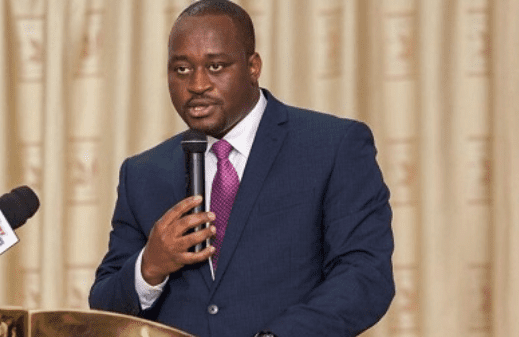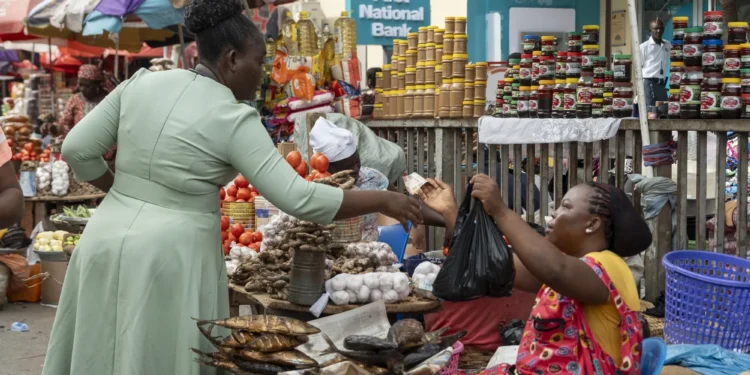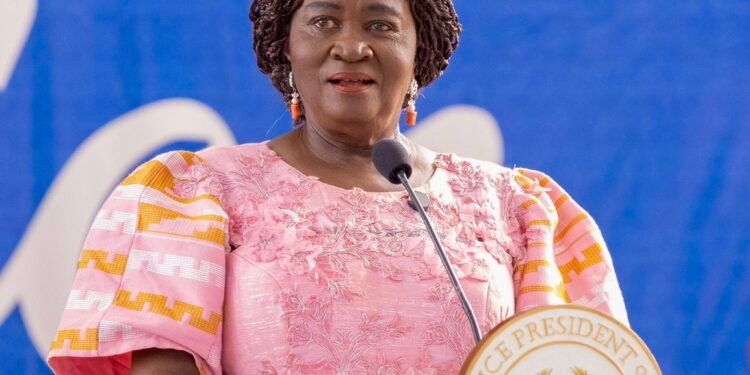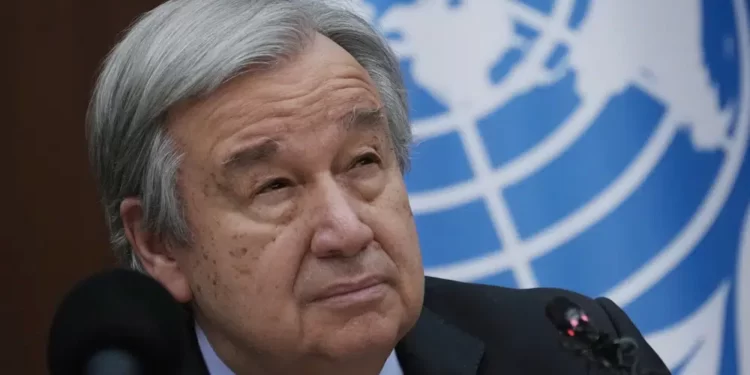Economist and Political Risk Analyst, Dr. Theo Acheampong, has called on the government to prioritize the implementation of a robust gold traceability system to prevent illegally mined gold, commonly referred to as galamsey gold, from entering the formal supply chain through the Ghana Gold Board (Goldbod).
His remarks come amid growing concerns about the environmental, social, and economic consequences of illegal mining and the integrity of Ghana’s gold trade.
According to Dr. Acheampong, while the establishment of the Ghana Gold Board to aggregate gold from the small-scale mining sector is a step in the right direction, its success hinges on ensuring that every gram of gold purchased is responsibly sourced.
He explained that without strong checks, there is a real risk that galamsey gold could be laundered into the formal system.
“In terms of what can be done beyond just a ban, is the idea that now you have the Ghana Gold Board being the entity responsible for aggregating all the gold within the small-scale mining sector. But very importantly, we need to ensure that every gram of gold that Gold Board is buying is actually not galamsey gold”.
Economist and political risk analyst, Dr. Theo Acheampong
He noted that the Gold Board Act already mandates traceability mechanisms, making it an imperative for the agency to implement effective systems. He further revealed that steps are underway to roll out a traceability process in collaboration with a private organization.

“We understand that they are working with a certain private organization to begin to implement the traceability process. And this, for me, is very, very critical because both in terms of how you assay the gold, we need the chain of custody. We need to be able to prove that, at the end of the day, it is not galamsey gold that is entering into the formal system.”
Economist and political risk analyst, Dr. Theo Acheampong
Dr. Acheampong underlined the significance of this intervention by pointing to the latest data from the Bank of Ghana. He said that between January and August this year, Ghana’s total exports amounted to about $18 billion, of which gold alone accounted for $11.2 billion.
Last year, the country recorded $12 billion in total exports, making gold by far the largest contributor to foreign exchange earnings. “So roughly about 62 to 63 percent of our total exports are coming from gold, both small-scale and large-scale. It is very, very important that we ensure the integrity of this trade,” he reamrked.
Formalizing Small-Scale Gold Mining
Beyond traceability, Dr. Acheampong urged the government to push ahead with efforts to formalize small-scale legal mining activities through structured models that are environmentally sustainable.

He referenced proposals outlined in both the ruling National Democratic Congress and opposition New Patriotic Party (NPP) manifestos, which mention the creation of “green artisanal mining zones.”
These zones, he explained, could help geofence concessions and provide cooperatives with the necessary equipment and technical support to extract gold in a manner that minimizes environmental damage.
“The idea is to create cooperative models where you are geofencing the concessions, you’re giving miners certain equipment to be able to extract the gold in a more environmentally friendly manner. That is the direction we need to move toward”.
Economist and political risk analyst, Dr. Theo Acheampong
The economist stressed that such measures are not only about protecting the environment but also about safeguarding livelihoods, revenue mobilization, and Ghana’s international reputation as a credible gold exporter.
He warned that if illegal gold is allowed to enter the official supply chain, Ghana risks undermining its credibility in the global market and could face sanctions or restrictions from international buyers who demand responsible sourcing.
Dr. Acheampong’s call comes at a time when the government has been intensifying efforts to combat illegal mining, with mixed results.
President John Dramani Mahama’s administration has emphasized the importance of responsible mining and pledged to implement traceability systems to sanitize the sector.
The rollout of the Goldbod initiative has been widely described as a crucial intervention, but experts like Dr. Acheampong caution that without strict oversight, its potential impact could be compromised. He reiterated that the conversation must go beyond banning galamsey operations to creating viable alternatives for small-scale miners.

“At the end of the day, banning alone will not solve the problem. We need to formalize, we need to create the conditions that will make small-scale mining both profitable and sustainable while protecting the environment”.
Economist and political risk analyst, Dr. Theo Acheampong
The debate around Ghana’s gold industry continues to attract significant national attention. With gold contributing the majority of the country’s export revenues, the stakes are high. The call for a credible traceability framework reflects growing recognition that Ghana’s fight against galamsey is not only an environmental and social battle but also an economic necessity.
For Dr. Acheampong, the message is clear: the government must ensure that the newly established Goldbod does not inadvertently legitimize galamsey gold. Instead, it must become a pillar for transparency, accountability, and sustainability in Ghana’s gold sector.
READ ALSO: GSE Composite Index Surges Past 7,700 Mark, Bulls Maintain Relentless Momentum























